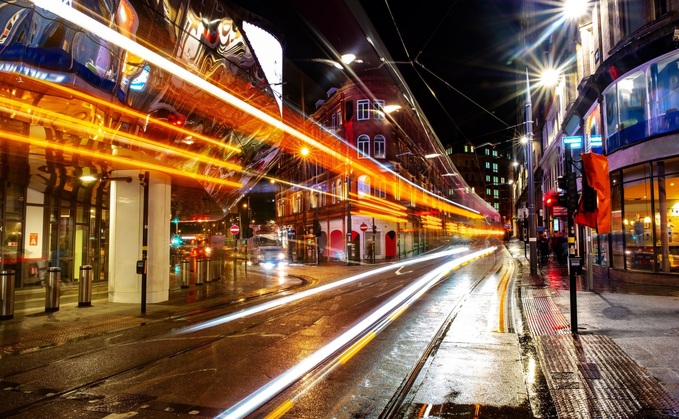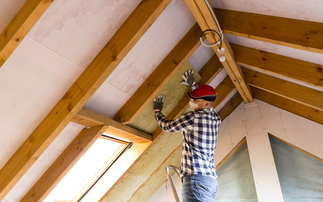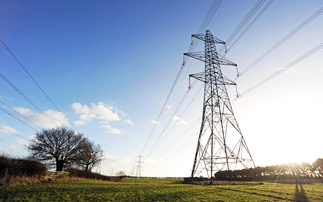
INDUSTRY VOICE: Businesses that embrace energy efficiency and optimisation can reduce their overheads and drive progress towards net zero, writes Bryt Energy
All businesses must play a part in the transition to a low carbon energy system required to reach net zero by 2050. Moving away from the traditional fossil fuel systems that much of our society and...
To continue reading this article...
Join BusinessGreen
In just a few clicks you can start your free BusinessGreen Lite membership for 12 months, providing you access to:
- Three complimentary articles per month covering the latest real-time news, analysis, and opinion from Europe’s leading source of information on the Green economy and business
- Receive important and breaking news stories via our daily news alert
- Our weekly newsletter with the best of the week’s green business news and analysis






